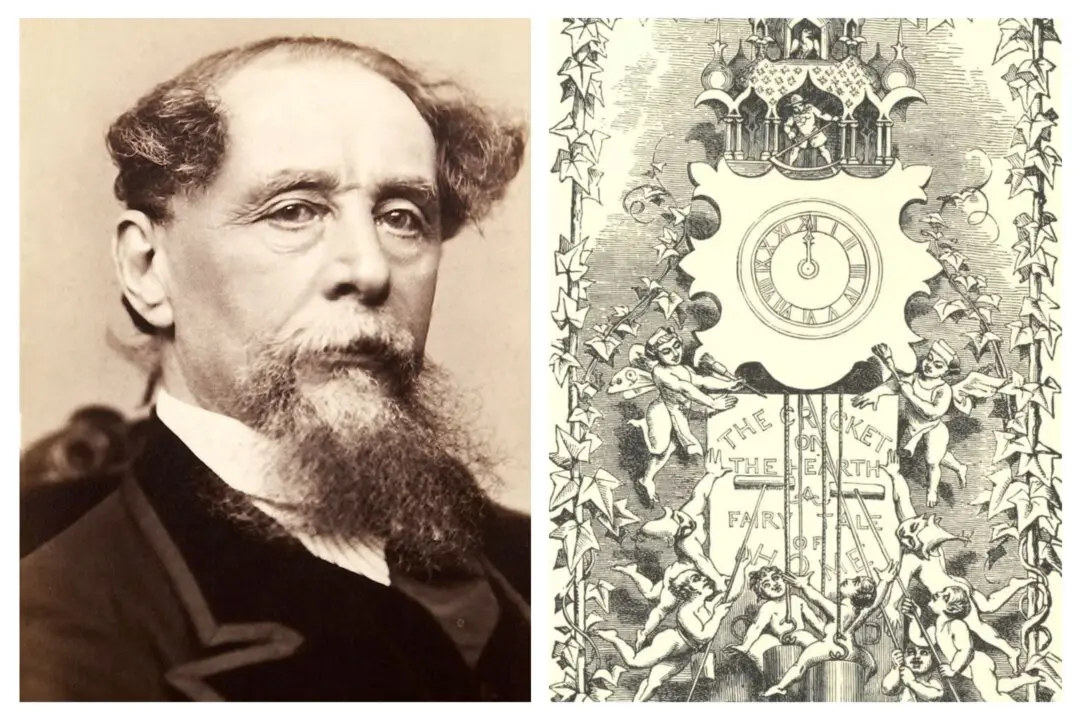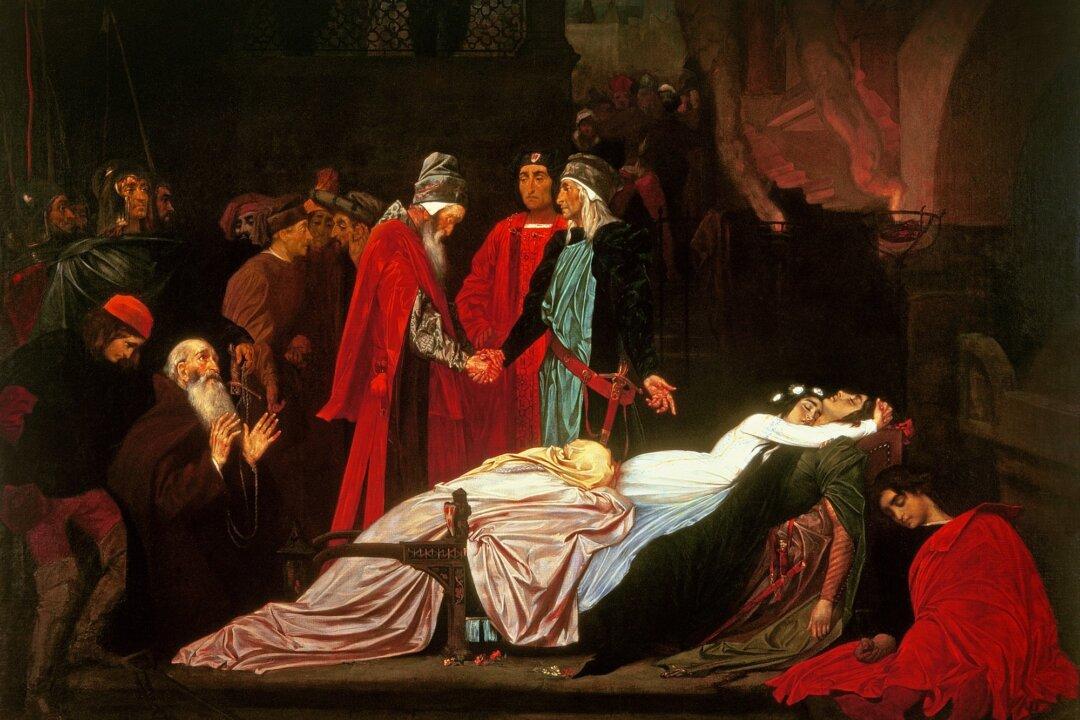The Spartans: No proper name signifies a grim, determined, disciplined warrior more than this one.
However, the way in which Sparta, a little polis or city-state in ancient Greece, fostered these warriors started, not with war, but with the structure of its society. On one hand, this society had many profound problems, problems which seem to have had a direct impact on its eventual decline. Therefore, much of Spartans’ training should not to be emulated.





